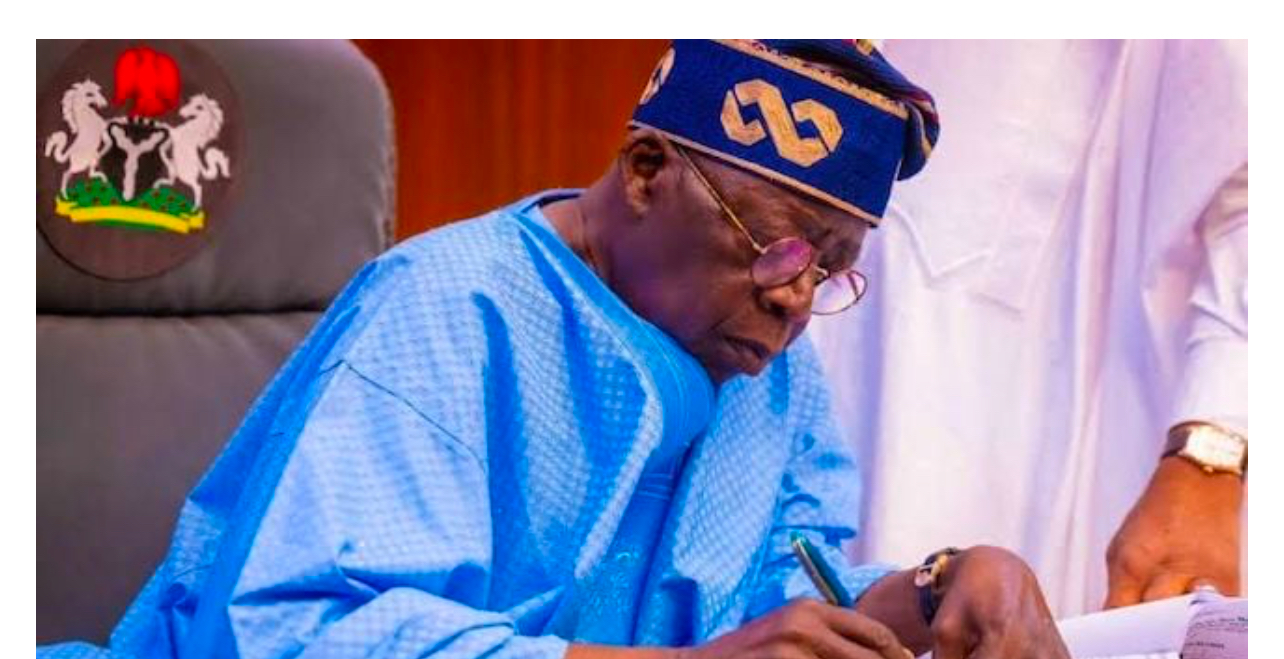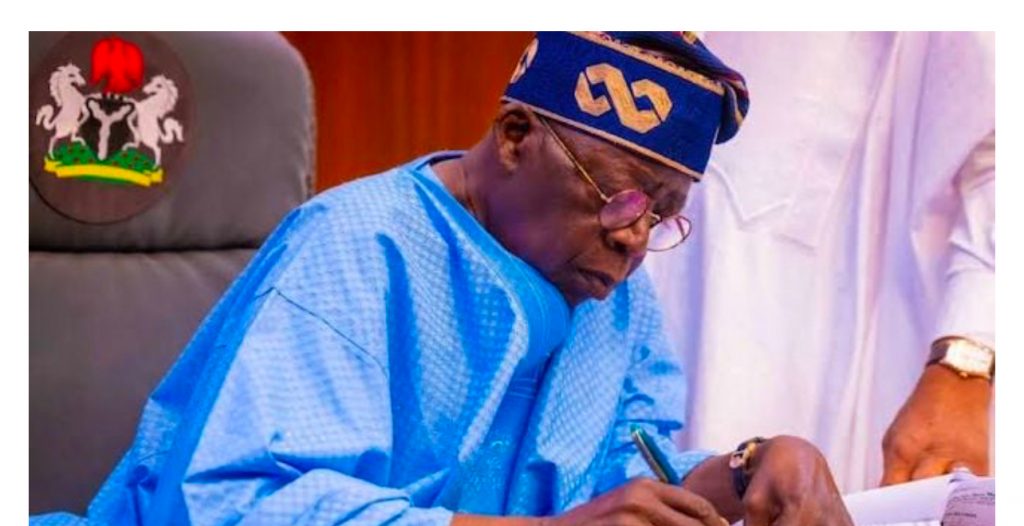
President Bola Tinubu has approved the introduction of a 15 per cent ad-valorem import duty on petrol and diesel imports into Nigeria.
The initiative is aimed at protecting local refineries and stabilising the downstream market, but it is likely to raise pump prices.
In a letter dated October 21, 2025, reported publicly on October 30, 2025, and addressed to the Federal Inland Revenue Service and the Nigerian Midstream and Downstream Petroleum Regulatory Authority, Tinubu directed immediate implementation of the tariff as part of what the government described as a “market-responsive import tariff framework.”
The letter, signed by his Private Secretary, Damilotun Aderemi, and obtained by our correspondent on Wednesday, conveyed the President’s approval following a proposal by the Executive Chairman of the FIRS, Zacch Adedeji.
The proposal sought the application of a 15 per cent duty on the cost, insurance and freight value of imported petrol and diesel to align import costs with domestic market realities.
Adedeji, in his memo to the President, explained that the measure was part of ongoing reforms to boost local refining, ensure price stability, and strengthen the naira-based oil economy in line with the administration’s Renewed Hope Agenda for energy security and fiscal sustainability.
“The core objective of this initiative is to operationalise crude transactions in local currency, strengthen local refining capacity, and ensure a stable, affordable supply of petroleum products across Nigeria,” Adedeji stated.
The FIRS boss also warned that the current misalignment between locally refined products and import parity pricing has created instability in the market.
“While domestic refining of petrol has begun to increase and diesel sufficiency has been achieved, price instability persists, partly due to the misalignment between local refiners and marketers,” he wrote.
He noted that import parity pricing- the benchmark for determining pump prices, often falls below cost recovery levels for local producers, particularly during foreign exchange and freight fluctuations, putting pressure on emerging domestic refineries.
Adedeji added that the government’s responsibility was now “twofold, to protect consumers and domestic producers from unfair pricing practices and collusion, while ensuring a level playing field for refiners to recover costs and attract investments.”
He argued that the new tariff framework would discourage duty-free fuel imports from undercutting domestic producers and foster a fair and competitive downstream environment.
According to projections contained in the letter, the 15 per cent import duty could increase the landing cost of petrol by an estimated N99.72 per litre.
“At current CIF levels, this represents an increment of approximately 99.72 per litre, which nudges imported landed costs toward local cost-recovery without choking supply or inflating consumer prices beyond sustainable thresholds. Even with this adjustment, estimated Lagos pump prices would remain in the range of N964.72 per litre ($0.62), still significantly below regional averages such as Senegal ($1.76 per litre), Cote d’Ivoire ($1.52 per litre), and Ghana ($1.37 per litre).”
The policy comes as Nigeria intensifies efforts to reduce dependence on imported petroleum products and ramp up domestic refining.
The 650,000 barrels-per-day Dangote Refinery in Lagos has commenced diesel and aviation fuel production, while modular refineries in Edo, Rivers and Imo states have started small-scale petrol refining.
However, despite these gains, petrol imports still account for up to 67 per cent of national demand.
Post Views: 289

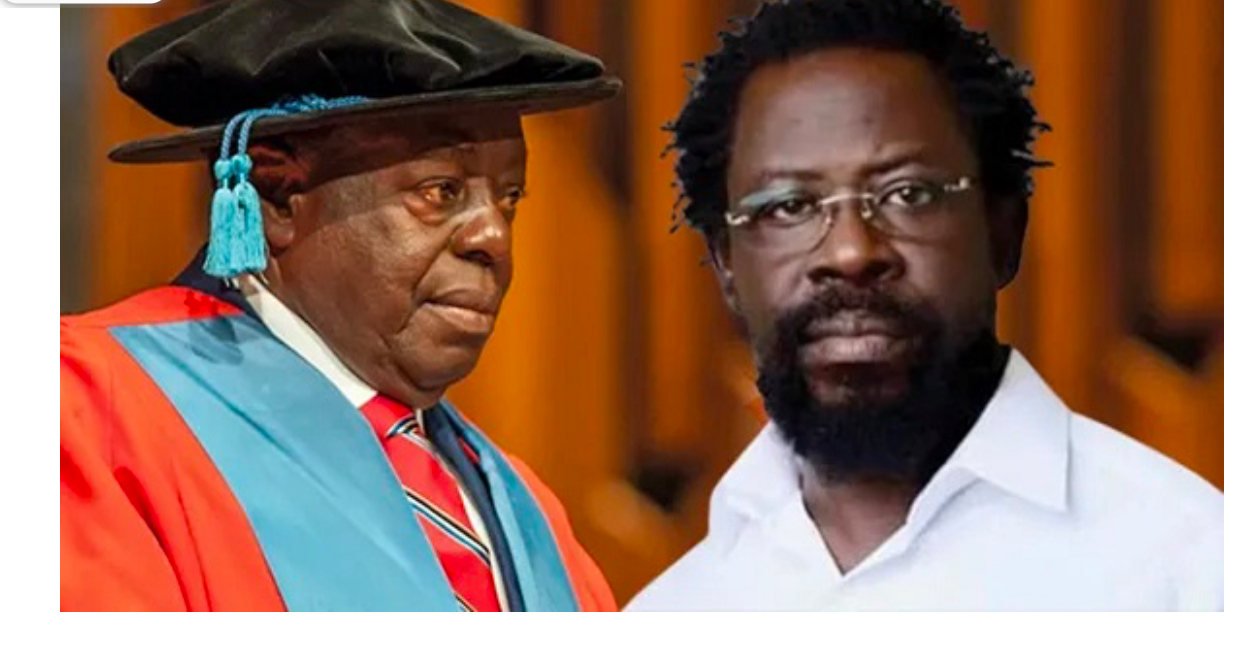
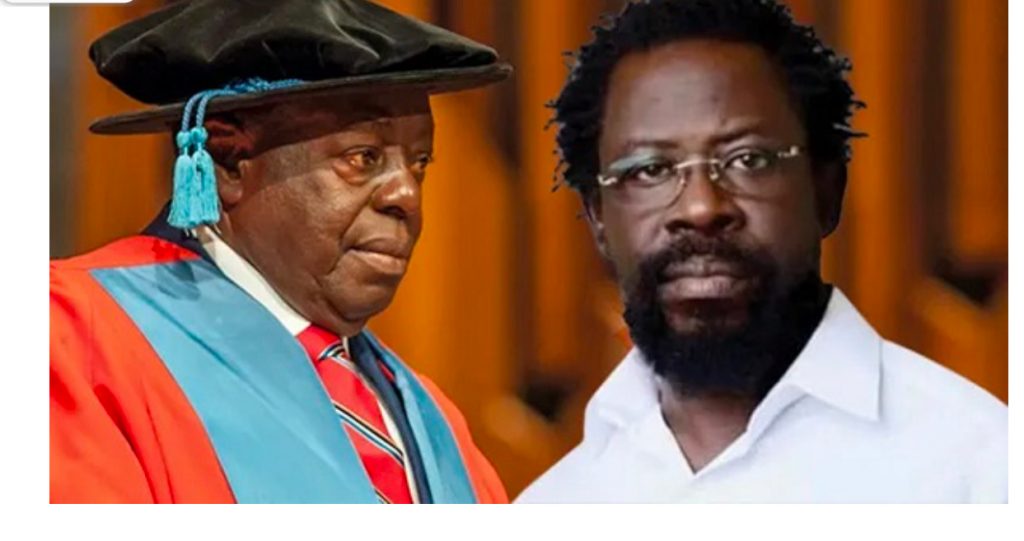 The founder of Afe Babalola University Ado Ekiti, Aare Afe Babalola, SAN, has accepted to withdraw charges against Human Rights Activist and kawyer, Dele Farotimi who is facing criminal defamation charges.
The founder of Afe Babalola University Ado Ekiti, Aare Afe Babalola, SAN, has accepted to withdraw charges against Human Rights Activist and kawyer, Dele Farotimi who is facing criminal defamation charges. 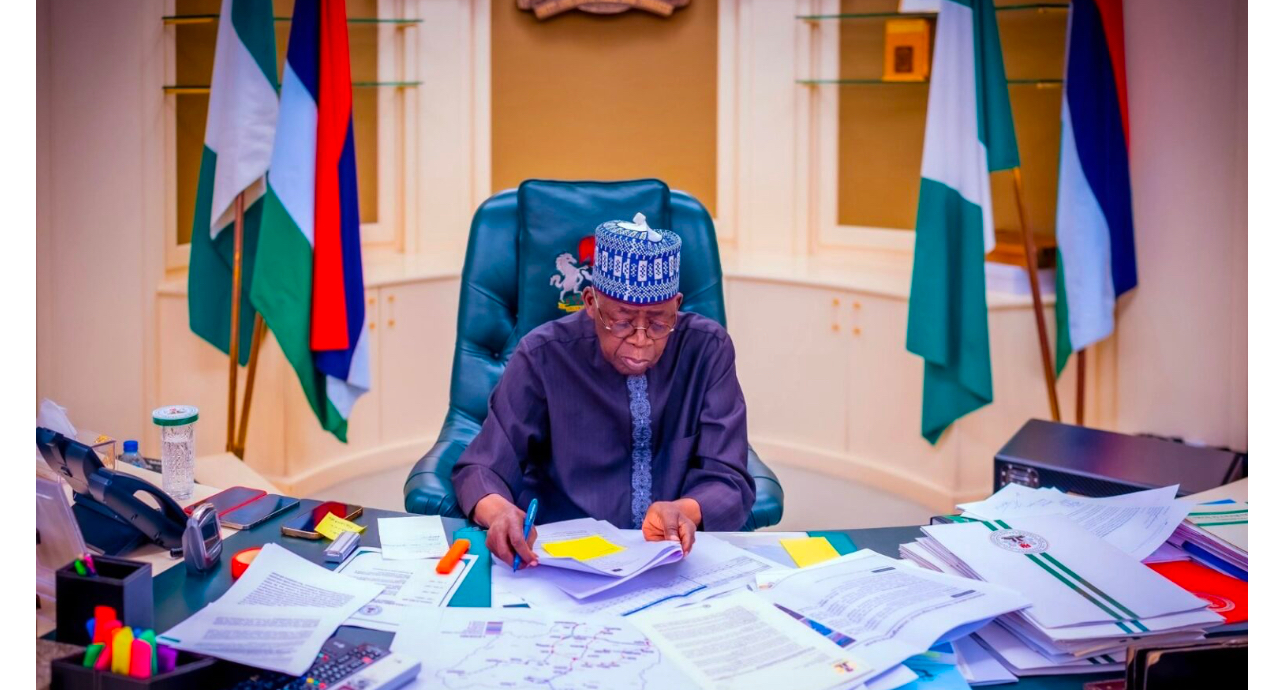
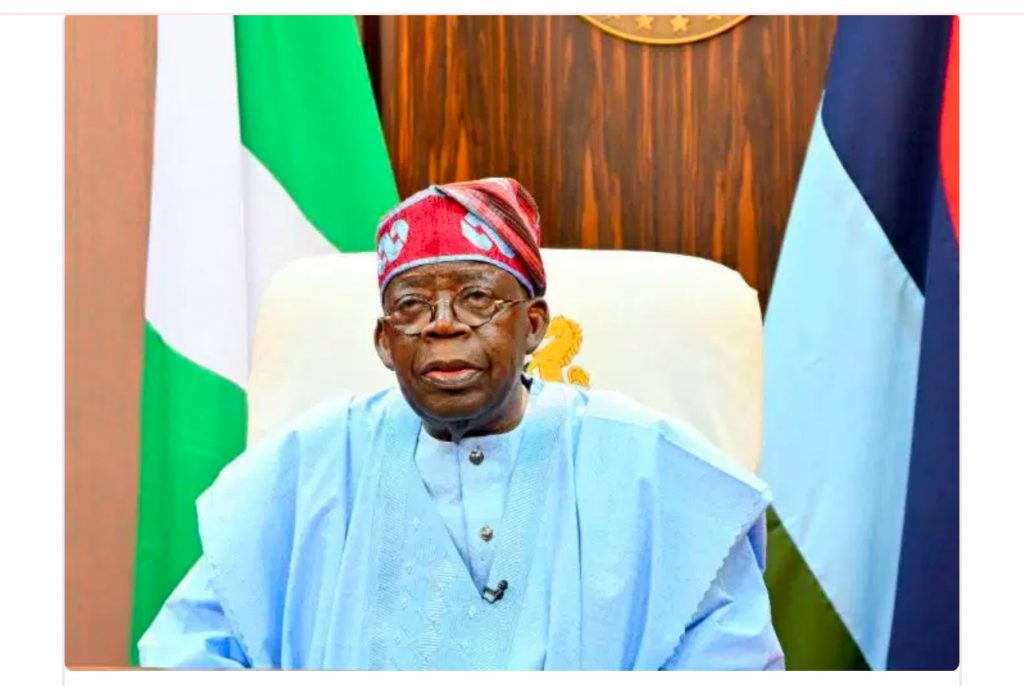 Disturbed by the state of training institutions for the Nigeria Police Force (NPF), Nigeria Security and Civil Defence Corps (NSCDC) and other internal security agencies, President Bola Tinubu has declared emergency on the facilities.
Disturbed by the state of training institutions for the Nigeria Police Force (NPF), Nigeria Security and Civil Defence Corps (NSCDC) and other internal security agencies, President Bola Tinubu has declared emergency on the facilities. 
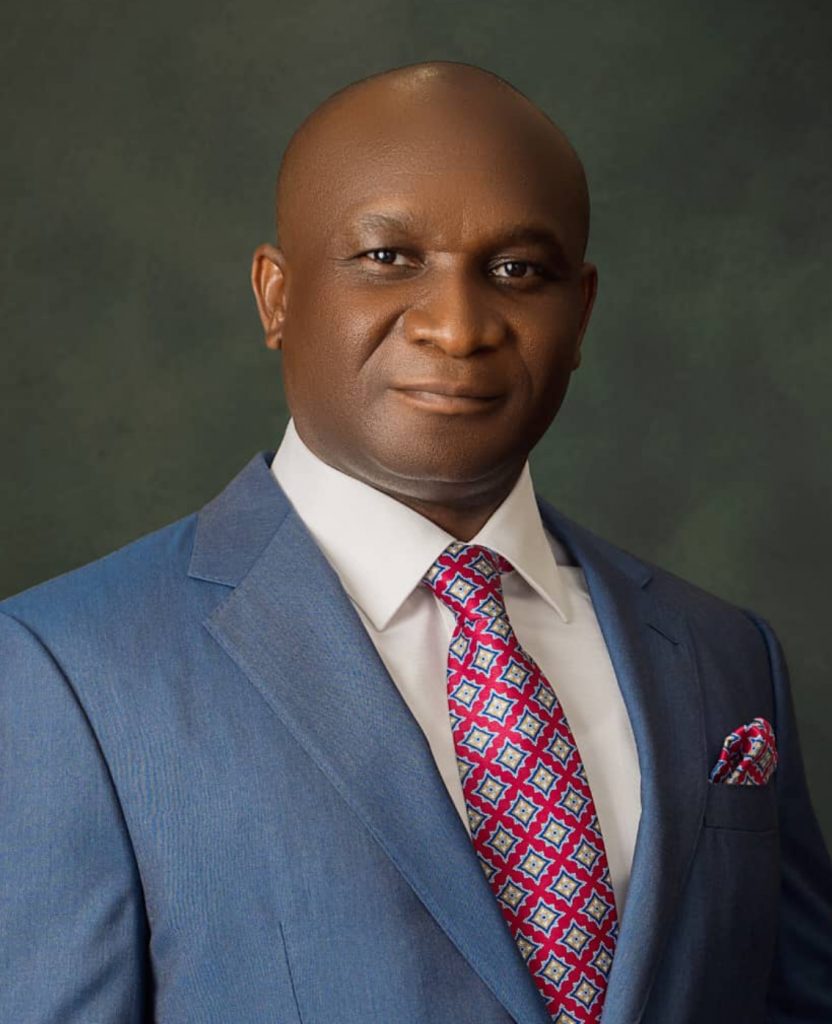 The Niger Delta Development Commission, NDDC, is hosting a two-day strategic meeting with commissioners, permanent secretaries, and directors of agriculture, fisheries & livestock in the nine Niger Delta states.
The Niger Delta Development Commission, NDDC, is hosting a two-day strategic meeting with commissioners, permanent secretaries, and directors of agriculture, fisheries & livestock in the nine Niger Delta states.